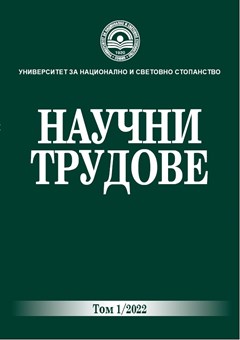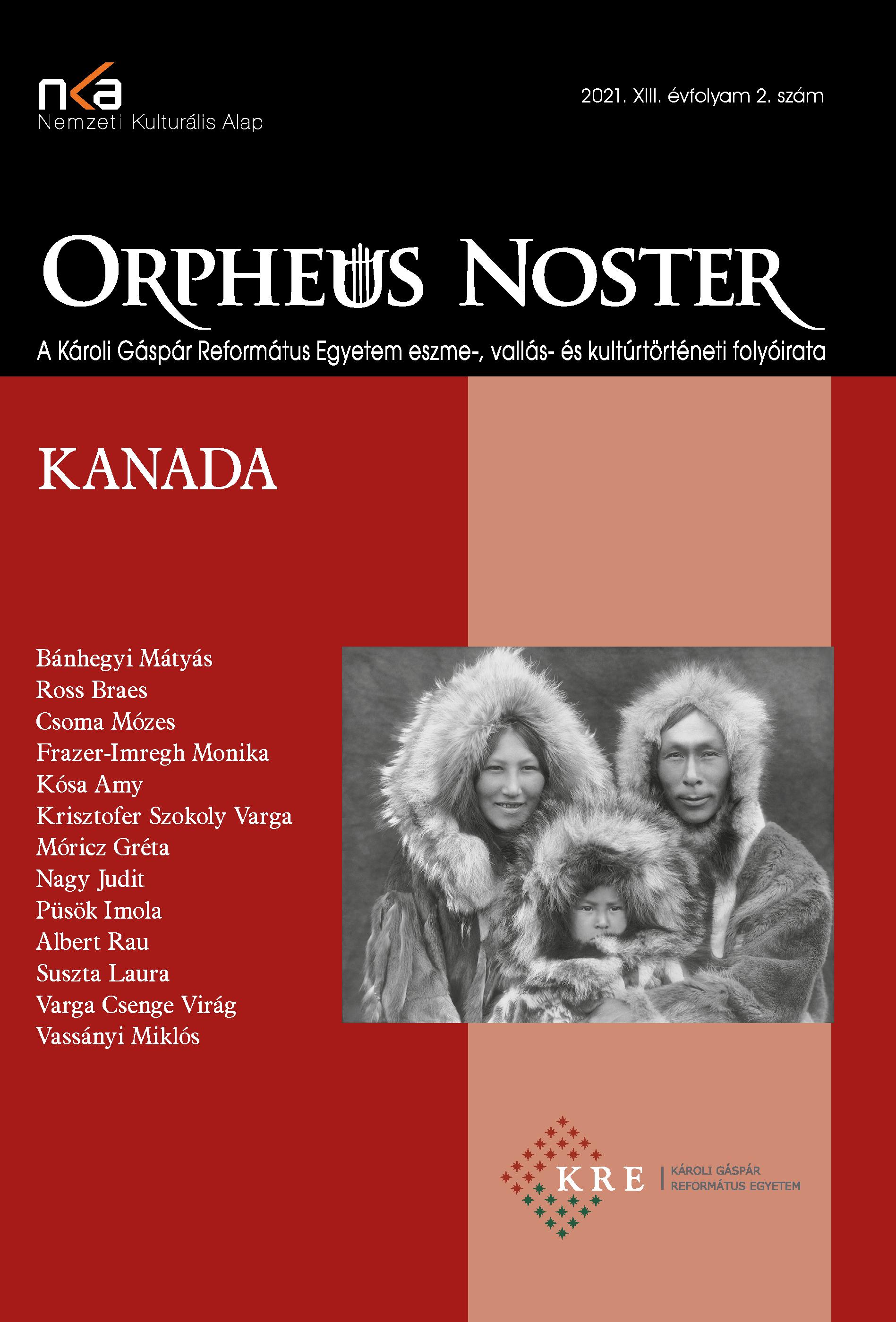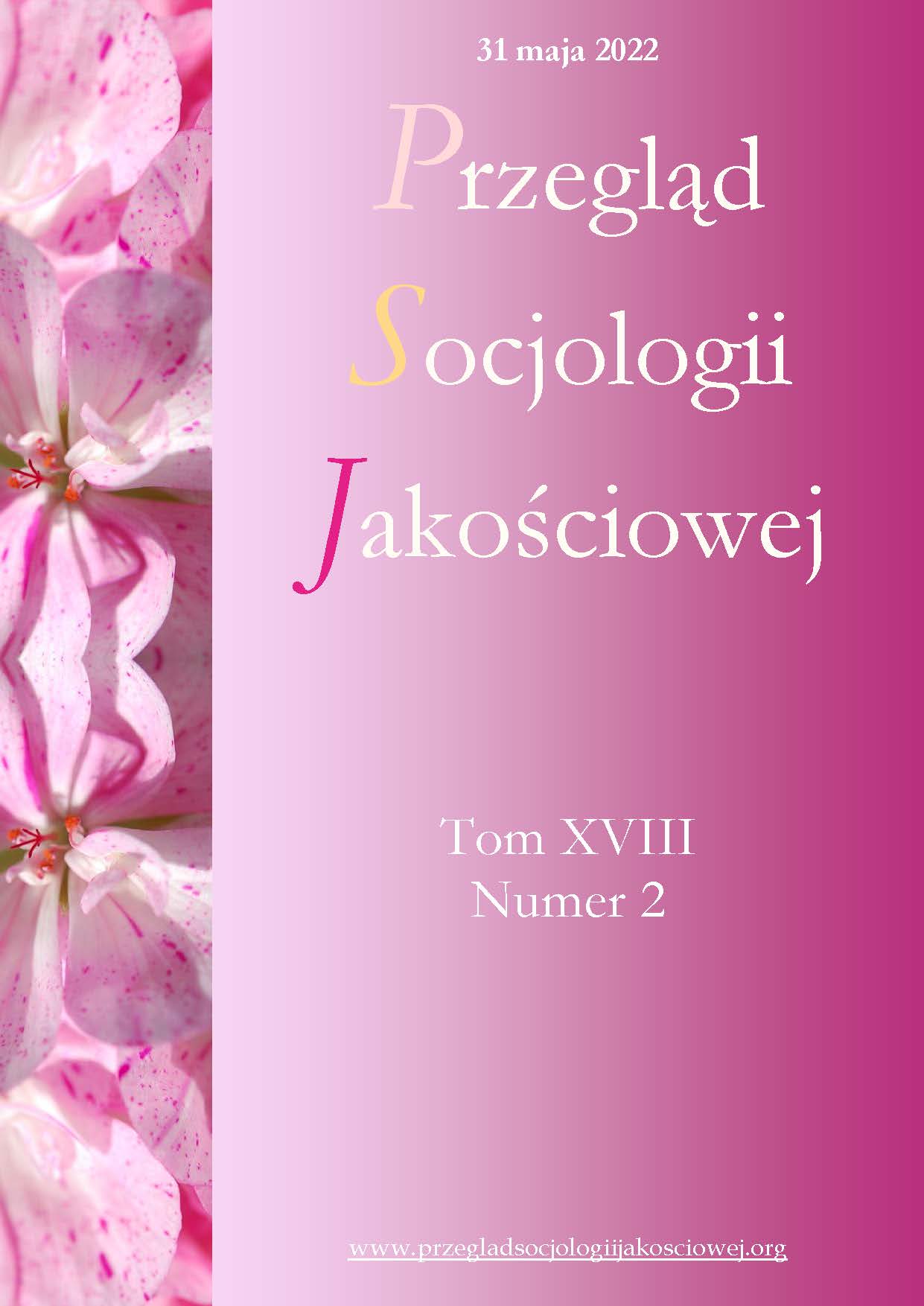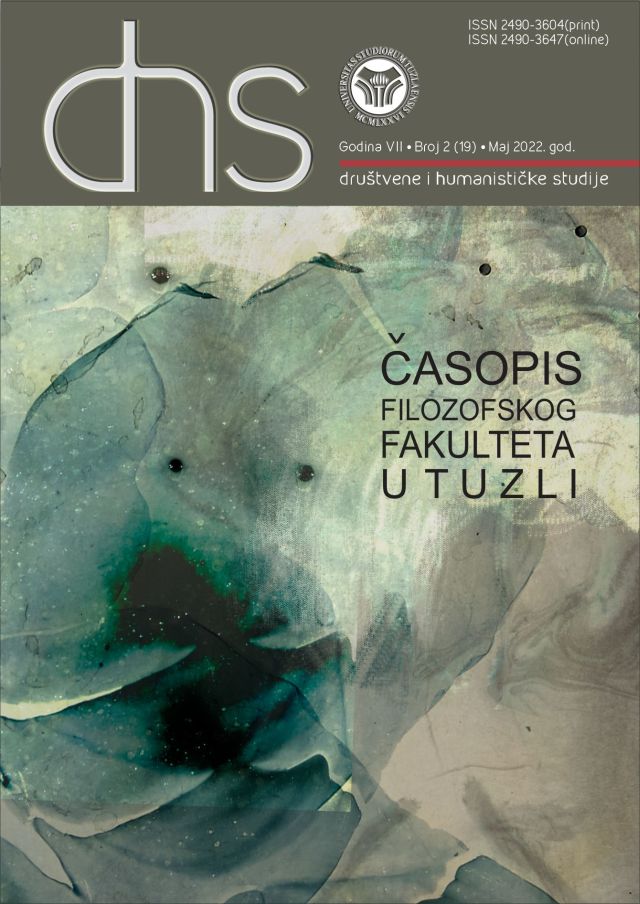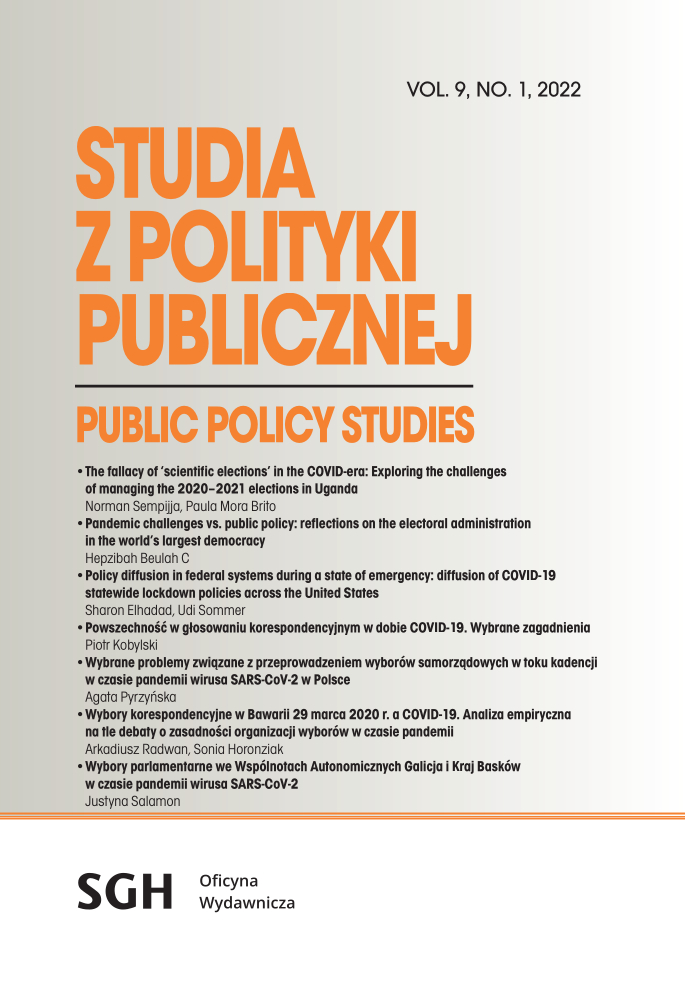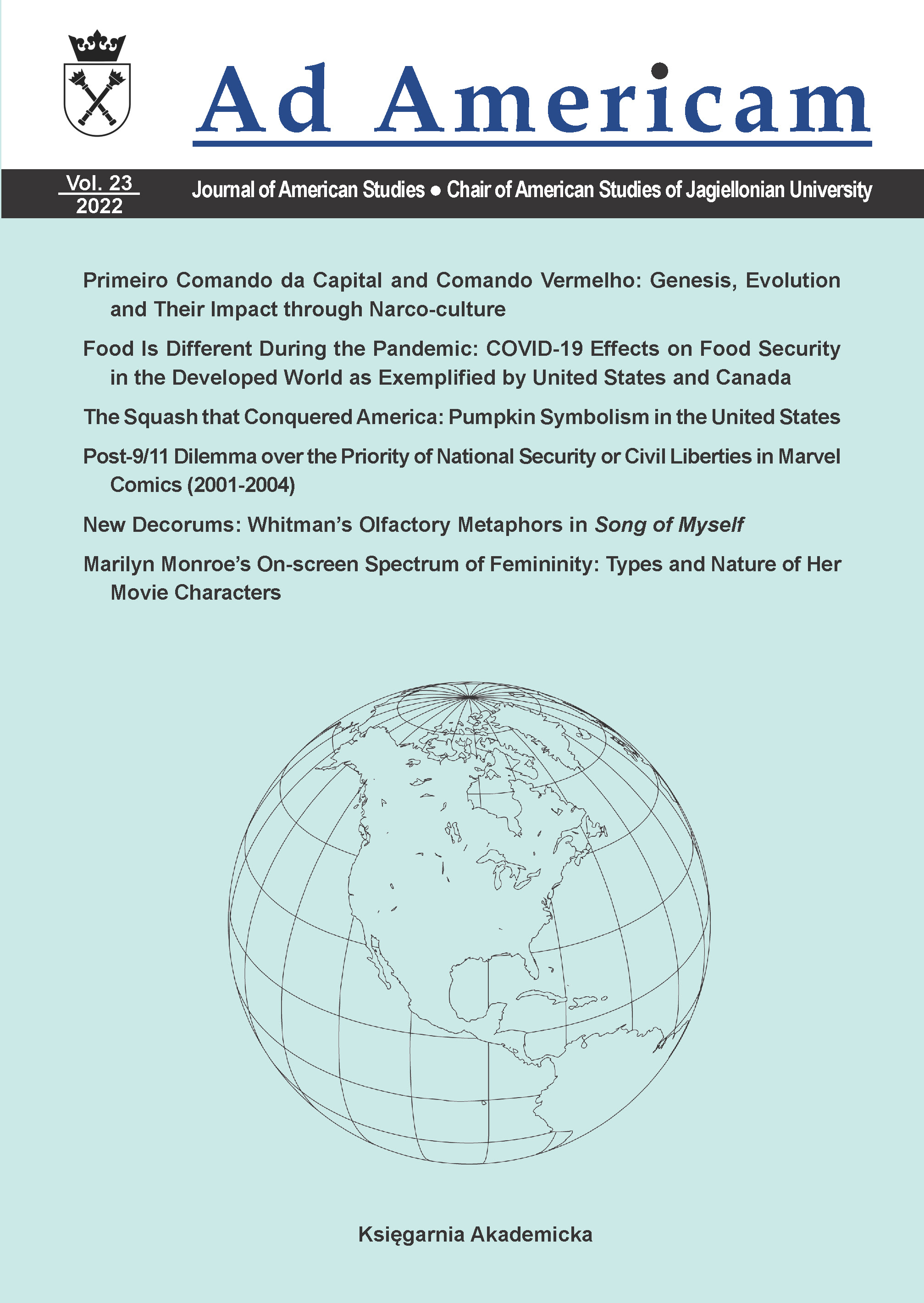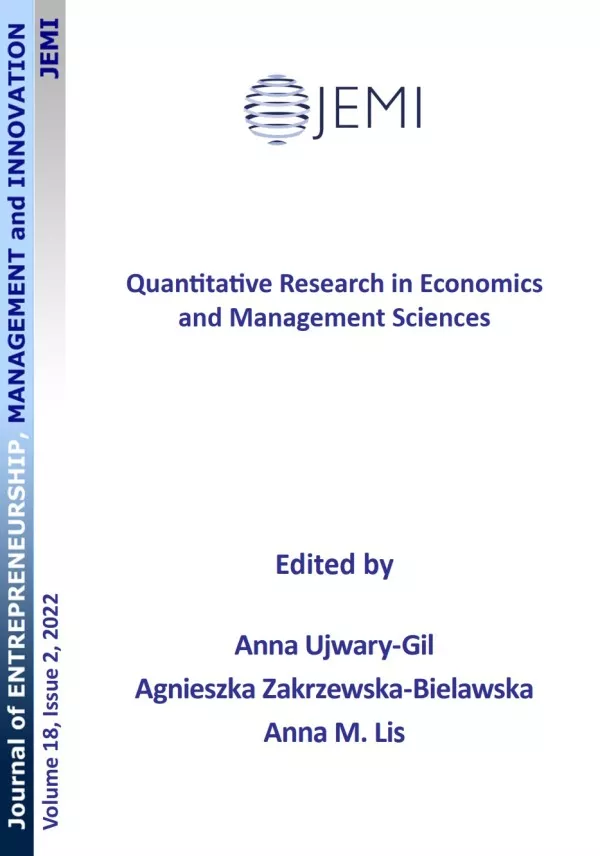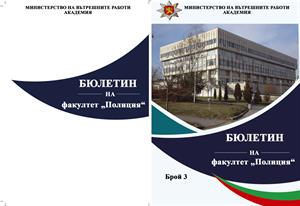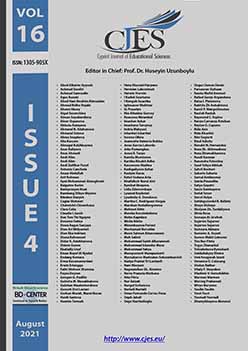
Application of multicultural-based learning model syntax of social studies learning
This study analyses the differences in knowledge, attitudes and multicultural skills of primary school students divided into two learning models, namely a multicultural-based learning model and a student team achievement division (STAD). This study used a quasi-experiment with two control classes and two experimental classes which were determined through random sampling. Prior to being randomised, an equivalence test was carried out to ensure all classes were equal. The experiment used was a post-test-only control group design with multicultural knowledge test instruments, multicultural attitude inventories and observation guidelines of multicultural skills. The results show that the multicultural knowledge, attitudes and skills of students who took multicultural-based learning model syntax were better than students who took the STAD type of cooperative learning model. The mean score of multicultural knowledge, multicultural attitudes and multicultural skills were 25.60, 147.95 and 121.05, respectively. Meanwhile, students who took the STAD learning model showed the mean score of multicultural knowledge, multicultural attitudes and multicultural skills were 22.88, 128.08 and 114.27, respectively. The syntax of a local genius-based learning model is easier for teachers and students to understand the learning steps. This makes learning more challenging, fun, values-based and meaningful for students’ real lives.
More...
